Highspot News
Get the scoop on the latest Highspot news. Find company updates and awards, press releases, new product launches, and insights on sales enablement.

Items per page:
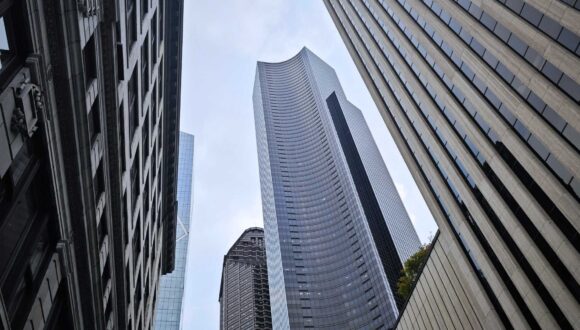
Optimise your GTM Initiatives with Highspot and Salesforce
Optimise your sales stack with Highspot + Salesforce. Boost visibility, engagement, and AI-driven success with seamless integration.

Boost Sales Productivity with New Highspot AI Integration with Slack
New Slack integration saves time and increases deal velocity through embedded AI answers and content recommendations.

How we’re transforming the way businesses go to market
Discover how Highspot is transforming GTM strategies with AI-driven innovation, enabling 20M users, driving growth, and redefining revenue enablement.
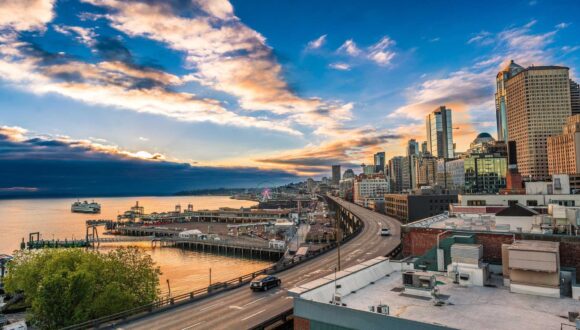
Highspot Winter Release Reinvents Sales Coaching with AI Breakthroughs
Highspot's Winter '25 release delivers AI-driven coaching, scaling winning sales behaviors, improving GTM performance, and driving predictable revenue growth.

Highspot Unveils AI Roadmap and New AI Innovation
Find out how Highspot Copilot Actions and Copilot Agents will bring more proactive user recommendations, autonomous task execution, and more to customers.
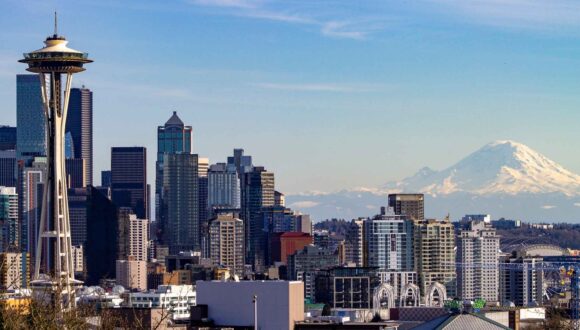
Highspot Launches First and Only GTM Enablement Platform
Highspot unveils new AI-driven product advancements that help customers take products and services to market as the platform crosses 20 million connected users.
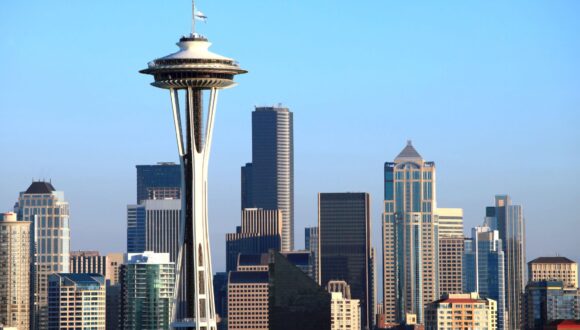
Highspot delivers the next frontier in unified sales enablement
Our platform combines content management, guided selling, adaptive learning, and always-on coaching into one seamless experience. Learn more.
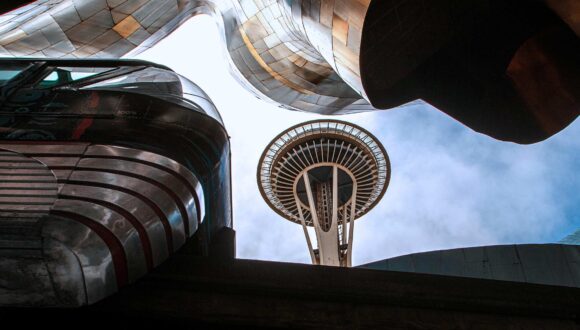
Highspot Delivers New and Unique Integrations with Salesforce
Highspot broadens integrations for Salesforce's Einstein Copilot, Sales Programs, and Sales Engagement amidst continued momentum in the Salesforce ecosystem.
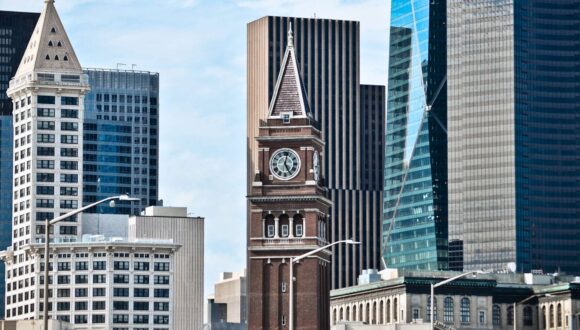
Highspot Named a Leader in Revenue Enablement Platforms Report
Highspot has been named a leader in The Forrester Wave ™: Revenue Enablement Platforms, Q3 2024 report. Learn more.

Highspot Integration with Microsoft Copilot announced at Build, Expanding AI Potential for Global Revenue Teams
Highspot is one of the first companies to deliver direct integration with Microsoft 365 Copilot and Copilot for Sales to customers. Learn more.

Highspot Brings AI-Driven, Personalised Coaching at Scale to Sales Enablement
Spring ‘24 release expands Highspot Copilot’s generative AI capabilities for delivering skill feedback, knowledge reinforcement, and coaching insights.

Why sales enablement is now essential to the enterprise
Learn about our first-sale teams' strategy and a new talent joining us at a time when sales enablement has become essential to businesses' GTM success.

Taking our customers’ success to new heights in 2024
Our new investments in our customers’ success are designed to help you achieve maximum value from Highspot – and fuel a bright future for enablement.
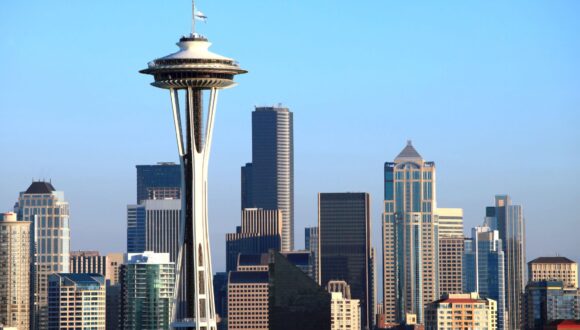
Highspot Integrates with Microsoft Copilot for Sales to Drive Sales Excellence
Surface better buyer and deal intelligence with Highspot's integration with Microsoft Copilot for Sales.

Highspot Launches Highspot Copilot for Sales Enablement
Highspot releases new generative AI digital assistant that automates, co-creates, advises, and answers anything for revenue teams to boost sales productivity.
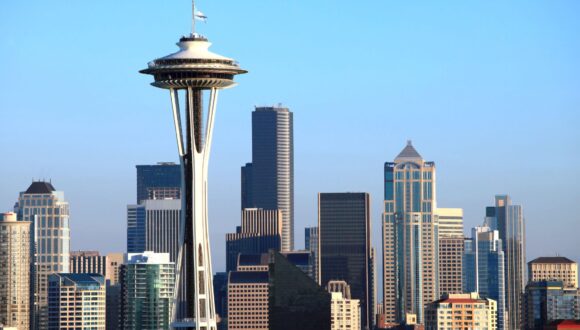
Highspot Launches Meeting Intelligence to Improve Real-World Coaching
Highspot Meeting Intelligence gives sales enablement teams the ability to define, execute and measure their strategic sales initiatives through sales managers.

Highspot Continues Global Expansion with Launch of India Operations
Highspot opens Hyderabad office and appoints Gurpreet Singh Pall as Chief Operating Officer of Highspot India.

Highspot Appoints Graham Younger as President of Field Operations to Drive New Phase of Growth
Seasoned revenue leader brings proven, global experience in driving profitable SaaS growth as Highspot pursues generational market opportunity.
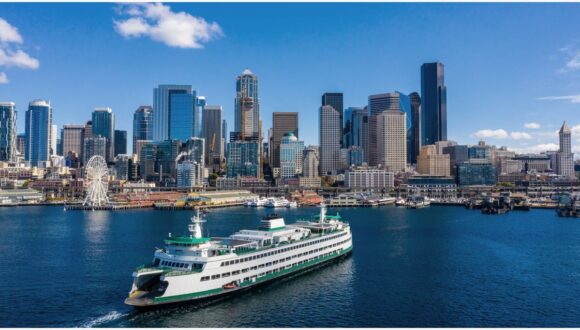
Highspot Launches New Capabilities to Increase Rigour
Spring ‘23 release delivers AI-powered sales enablement and an unmatched system for revenue teams to drive sales productivity

How We’re Bringing Generative AI to the Highspot Platform
Highspot gives you an unmatched system to add operational rigor to your sales process, taking the guesswork out of what good looks like.

How HSBC Transformed Financial Services Enablement to Drive Growth
Find out how HSBC is changing how client-facing teams work to increase opportunities, win more business, and continue to drive growth.

Earning the Next Challenge into Management
We sat down with three leaders to talk about their journey earning that next challenge into management at Highspot.

#WhyWeSell: Finding Rewarding Careers Through Deep Relationships
Hear from three Highspot employees on how they find fulfilment in their Sales careers outside of closing the deal.

How Two Employee’s Passion for Inclusion & Belonging is Driving Change in EMEA
We sat down with Jessica Roberts and Moïse Norca to tell us their stories of becoming the co-leaders of the Highspot Inclusion and Belonging Council.

Highspot “Leads with Superior User Experience, Data Science” as a Leader in the Sales Content Solutions 2022 Report by Independent Research Firm
In The Forrester Wave™: Sales Content Solutions, Q4 2022 report, Forrester stated, "Highspot leads with superior user experience."

Highspot Announces the Winners of the Spark Impact Awards ‘22
The second annual Spark Impact Awards recognise the transformational impact that customers and partners make with the Highspot platform.

Highspot Announces the Winners of the 2022 Partner Ecosystem Awards
The inaugural Partner Ecosystem Awards recognise partners who have paved the road for success with the Highspot platform for joint customers.
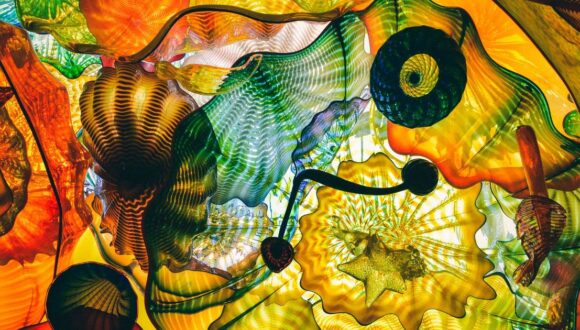
Highspot’s Customer Growth Surges as Companies Turn to Enablement to Drive Sales Productivity
Companies are turning to sales enablement to drive sales productivity. Over the last year, Highspot connected more than 12 million users.

Diversity, Equality, Inclusion and Belonging at Highspot: The EMEA Leadership’s View
As part of the DEI&B framework, Highspot's VP of DEI&B, Jyl Feliciano, sat down with members of senior leadership in EMEA to discuss DEI&B.

How Flex-First Makes a People-First Company
During a series of talks we had with Highspot's Chief Technology Officer, we explored Highspot's journey to its now flexible work model.
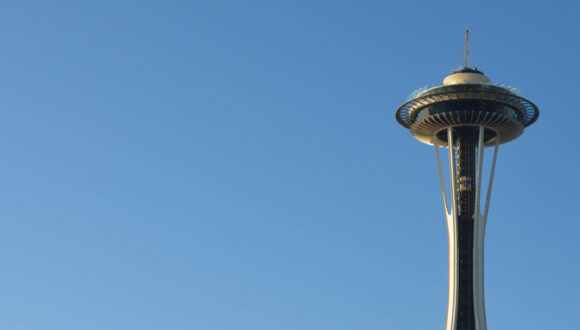
Highspot Announces Global Customer Conference Spark 2022
More than 1,500 leaders across sales, marketing and enablement will come together to invent the future of sales enablement. Register now.

#ItStartsWithConversation: On Creativity, Self-Discovery, the Human Experience, and Accountability
Conversations are powerful – Highspot employees share impactful conversations that have changed the course of their lives.
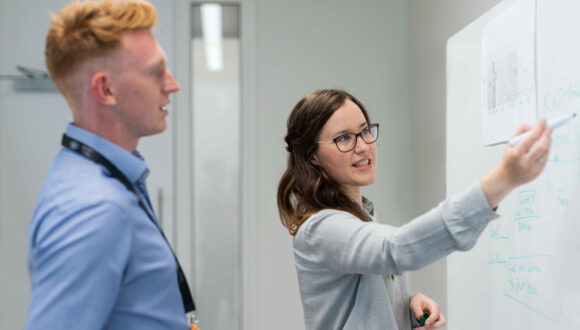
Empowering Leaders with G.R.E.A.T. Decision Making
Discover a new model to better empower people at all levels to make important business decisions and unleash growth.

Misalignment of Sales and Marketing Reduces Revenue According to New Report
The report identifies trends and issues impacting alignment between sales and marketing by looking at key confidence indicators and barriers to success.

I Joined Highspot to Help Drive the Next Wave of Growth
Highspot's President of Product and Engineering shares insight into the opportunity that lies ahead for sales enablement.

Discover Highspot: Powering Impactful Buyer Engagement with AI-Driven Insights
Discover how Highspot's Engagement Genomics leverages AI to connect the content sellers use to the real-world outcomes they drive.
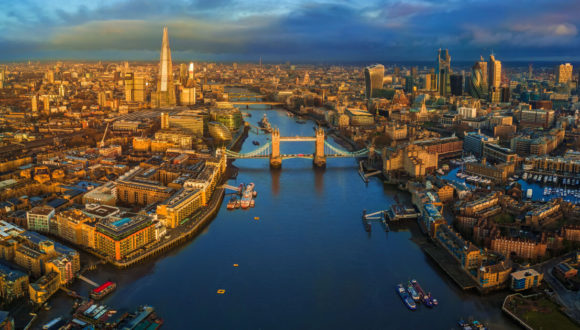
Highspot appoints Laura Valerio as Principal Consultant, EMEA for Strategic Enablement Services
Highspot has appointed former Global Sales Enablement Program Lead Laura Valerio as their new Principal Consultant for EMEA.
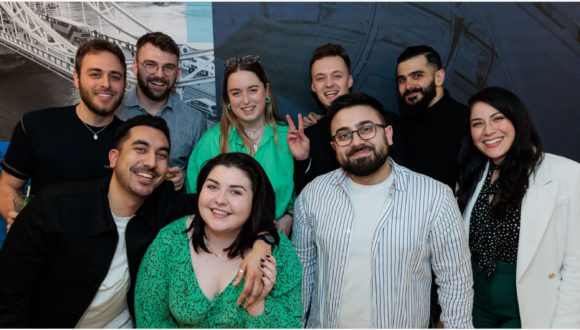
Highspot’s Culture Drives Revenue Growth and Top Tier Recognition
Forbes, Fortune and PEOPLE honor Highspot for empowering people to excel and accelerate business momentum. Explore open roles today.

Four Career Lessons from Climbing Mt. Everest
Lessons learned on the slopes can be applied to your career – Highspot employee and mountaineer Zachary White shares his story.

Highspot and Salesloft Deepen Partnership to Help Salespeople Better Engage Buyers at Scale
Joint customers now have a streamlined way to engage prospects with personalised communications and insights at scale.

Discover Highspot: Deliver Personalised Coaching at Scale
Find out how Highspot's latest coaching features help you increase the performance of your sales team and drive more revenue.

Discover Highspot: Elevate Your Sales Enablement Strategy With Training That Sticks
Highspot's new training capabilities are designed to help you equip, train and coach your revenue teams to success.

#ItStartsWithConversation: On Leadership, Self Actualisation, and Finding Your Community
In celebration of Pride Month, we asked three Highspot employees to share conversations that have changed the course of their story,

Driving Sales Consistency in an Inconsistent World
Revenue is the lifeblood of every business. Highspot's CEO Robert Wahbe shares thoughts on how to drive consistent sales in any economy.

Equip Teams with New Content Governance Features
Highspot’s Content Governance features provide you with the tools, workflows, and key insights to ensure content is fresh, compliant, and value-driven.
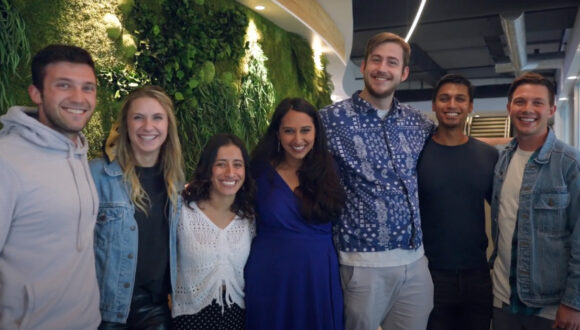
Introducing #Changemakers: How We Make Change Happen
Discover how three organisations are creating positive change in our communities: Food Lifeline, EarthCorps, and Year Up.

Highspot Announces the Strategic Enablement Framework and New Platform Innovations to Drive Revenue Performance
Highspot's latest release introduces the Strategic Enablement Framework and new product capabilities to equip, train and coach revenue teams.

#ItStartsWithConversation: On Mentorship, Following Your Passions and Finding Your Community
As we honour Asian American Pacific Islander Heritage Month, we asked Highspot employees to share stories of impactful conversations.







